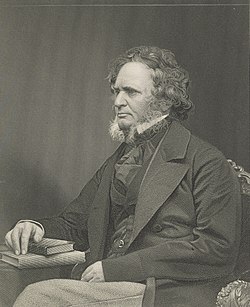This article needs additional citations for verification .(March 2018) |
| |||||||||||||||||||||||||||||||||||||
105 of the 670 seats to the House of Commons | |||||||||||||||||||||||||||||||||||||
|---|---|---|---|---|---|---|---|---|---|---|---|---|---|---|---|---|---|---|---|---|---|---|---|---|---|---|---|---|---|---|---|---|---|---|---|---|---|
| |||||||||||||||||||||||||||||||||||||
 Results of the 1859 election in Ireland | |||||||||||||||||||||||||||||||||||||
The 1859 United Kingdom general election in Ireland produced the last overall victory for the Conservatives in Ireland. They won a majority of seats on the island despite the Liberals receiving over 60% of the vote; this was partly due to a disproportionately large number of Conservative candidates standing unopposed. The franchise was restricted to the middle and upper classes.
Contents
Electoral reform in subsequent decades saw something of a rise in the Tory vote in Ireland accompanied by a diminution in the number of seats the party won. This was again due in some degree to the relative numbers of candidates standing unopposed for the two parties.

